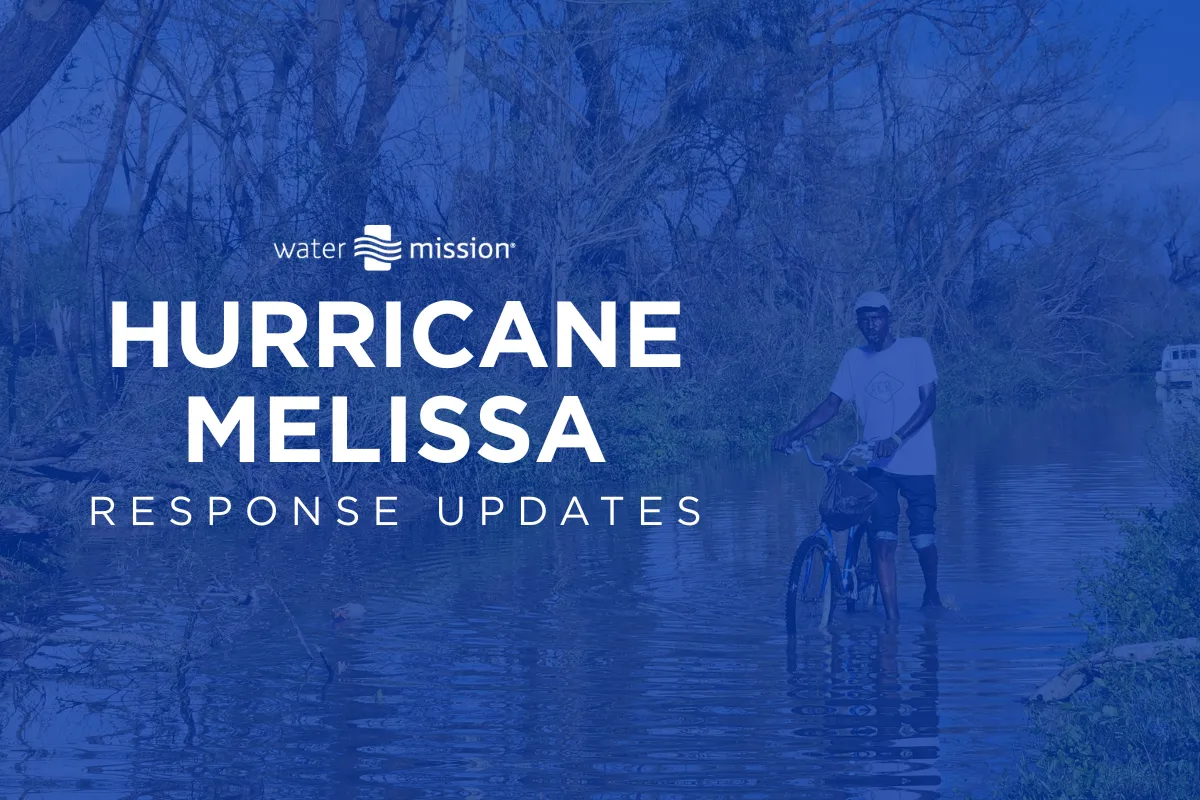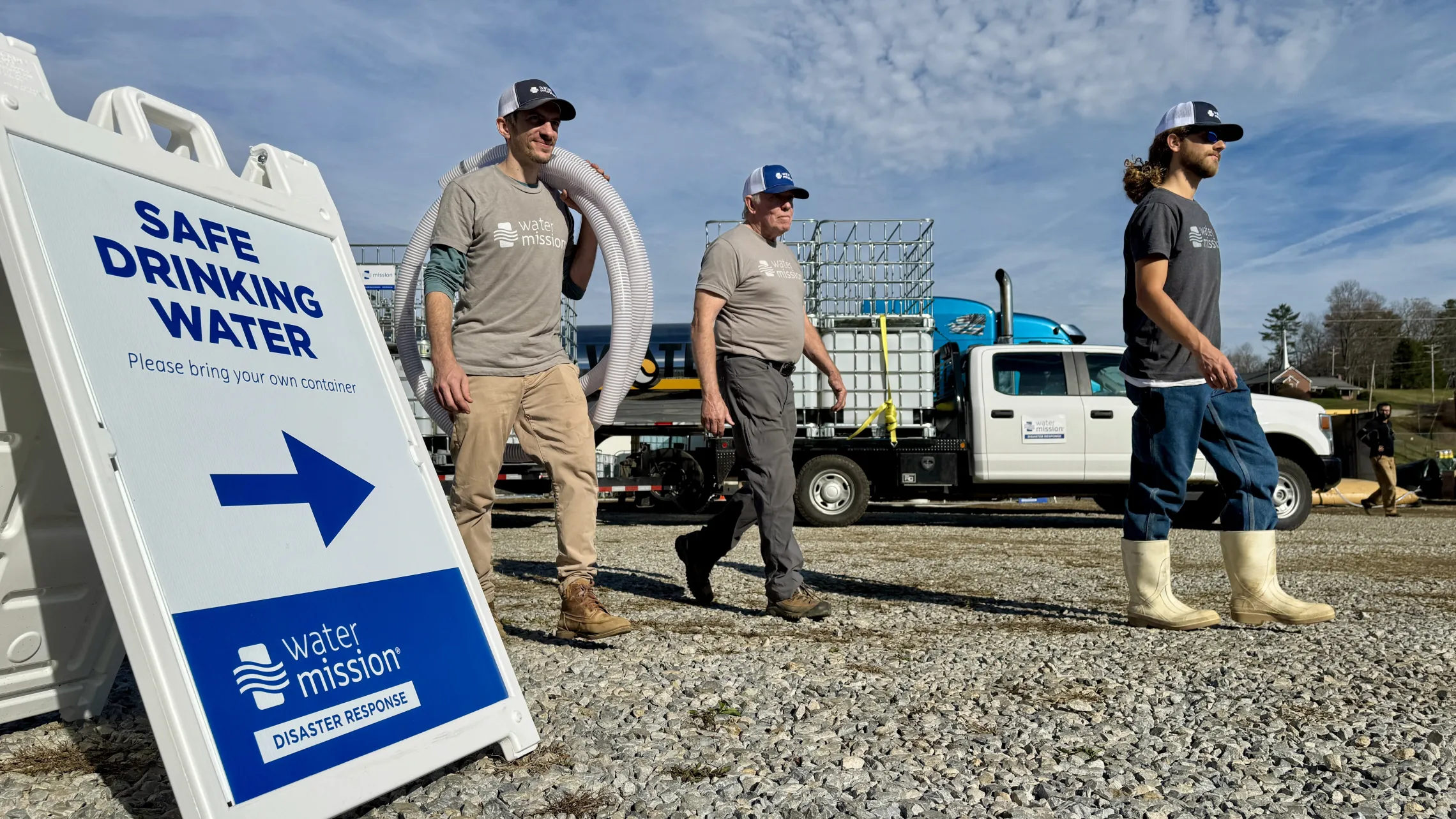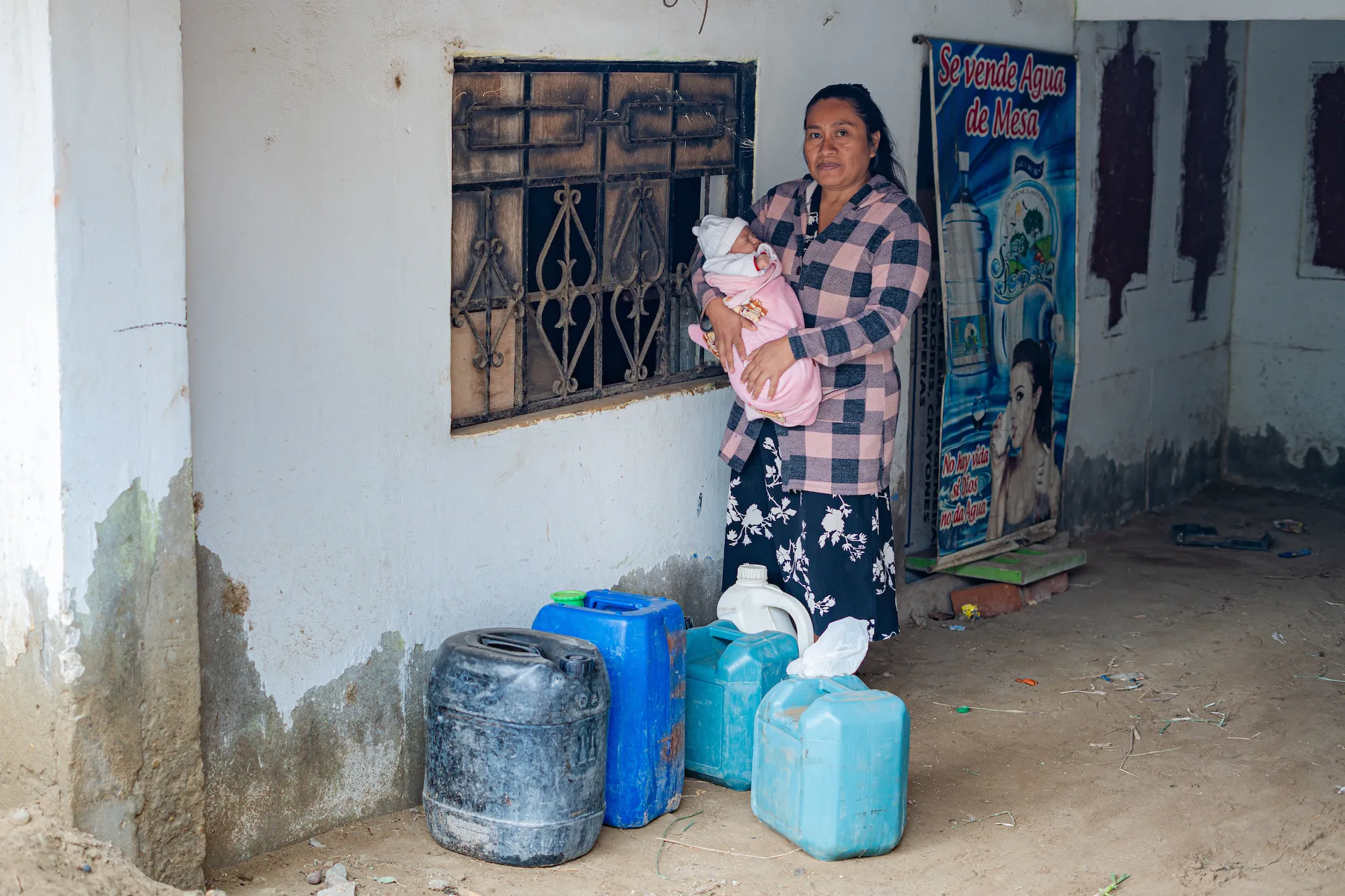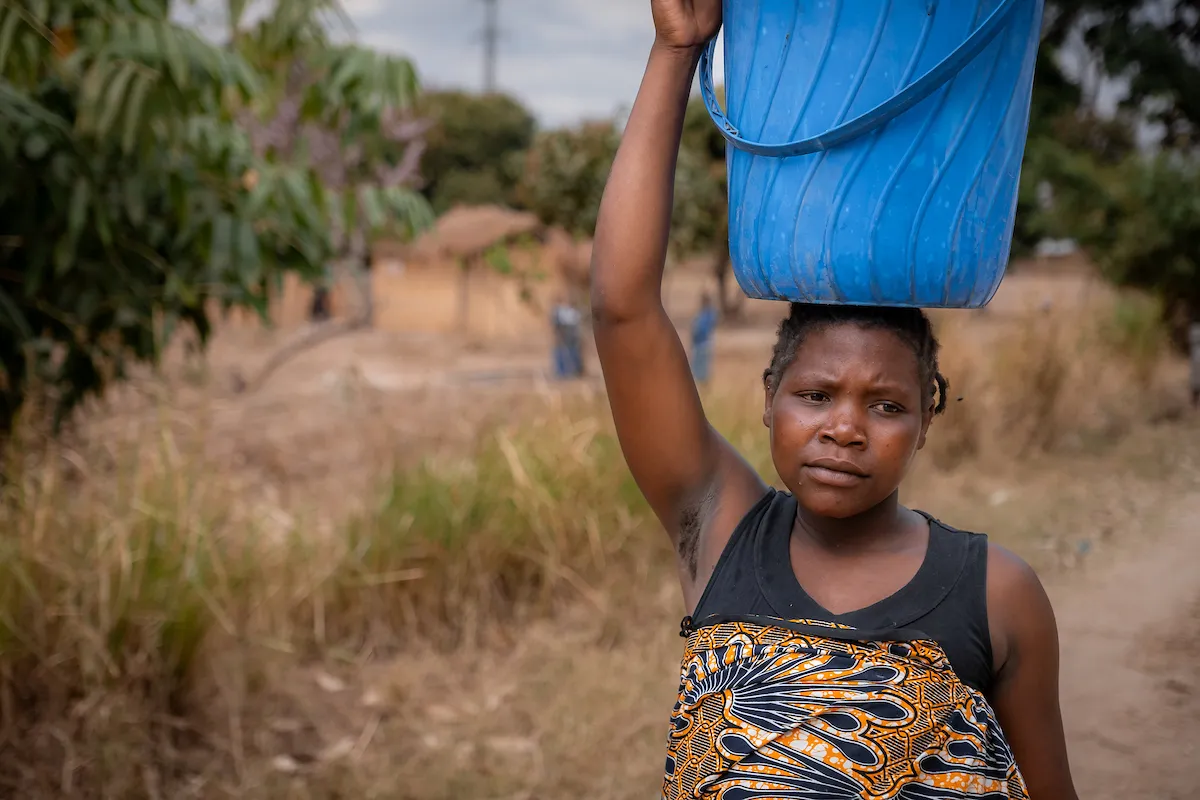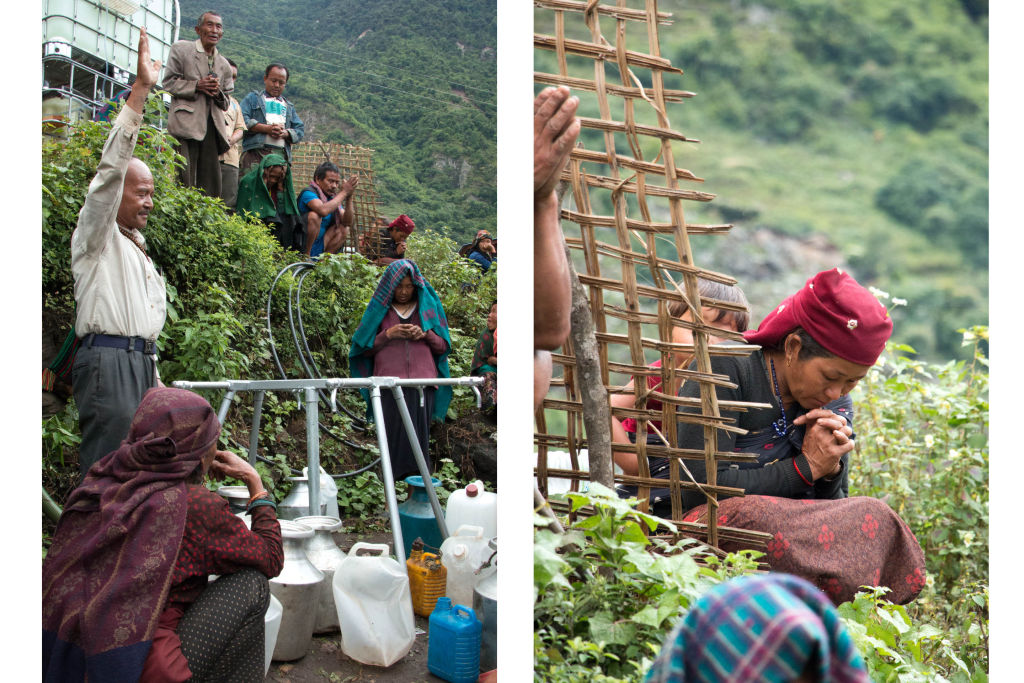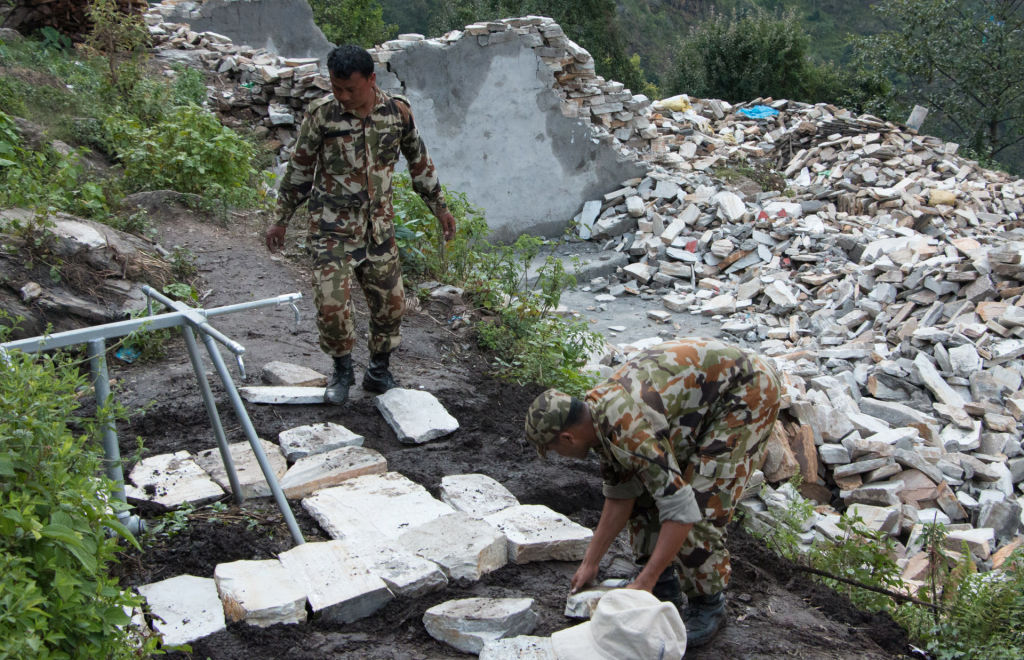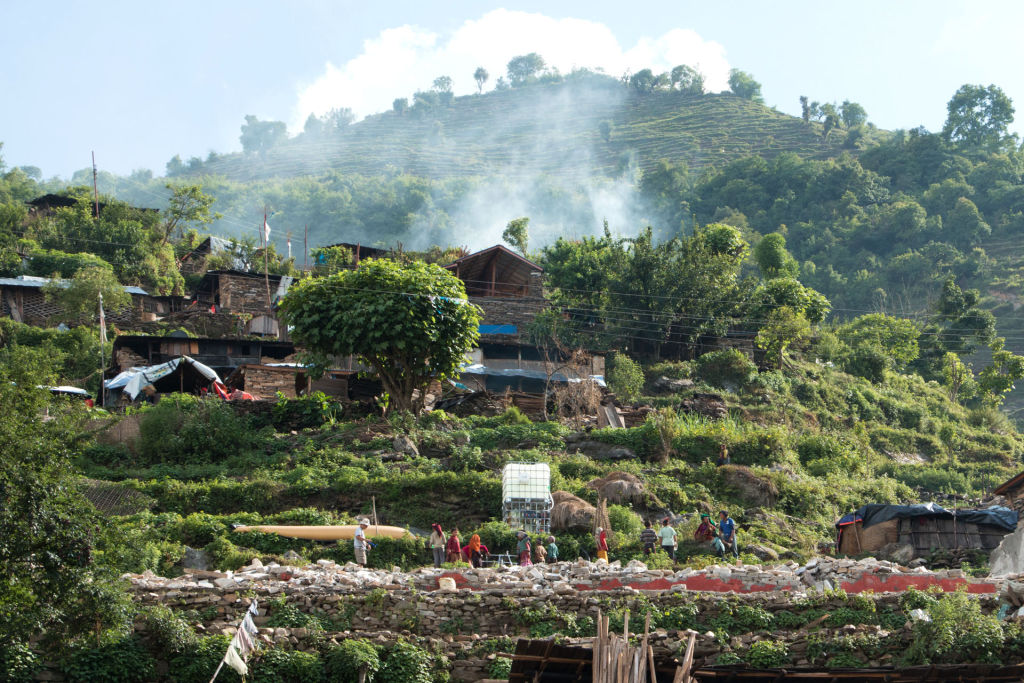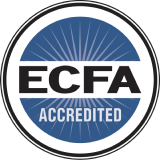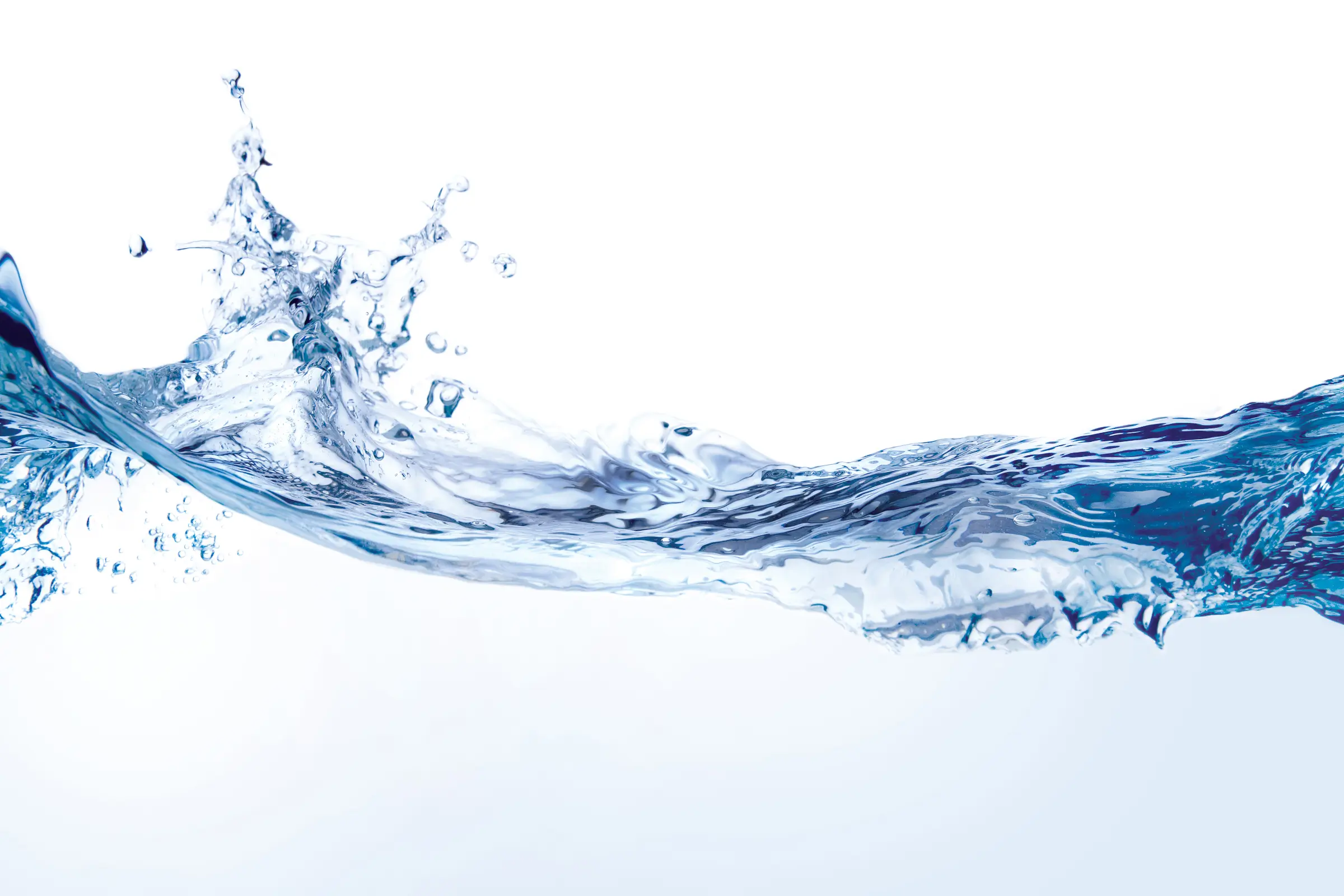Nepal Earthquake | A Race Against Time
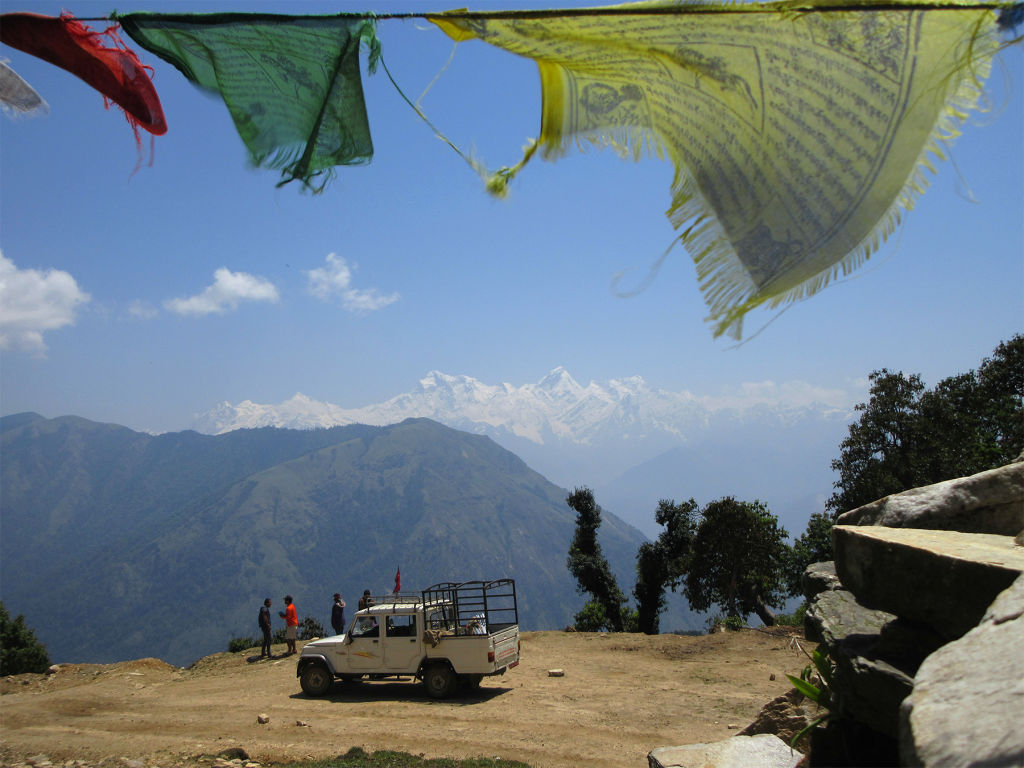
As the rain increased, so did the intensity of our search. We jogged from house to house through the small village of Arkhet, knocking on doors and asking if anyone had a tractor we could use. It was 10pm and a tractor was the only vehicle that could transport our water treatment system down the ravine and across the river to the helicopter landing zone where we would be met at sunrise the next morning.
Finally, we procured a tractor and transferred all of our equipment to it from the back of the truck we had used thus far. By now the rain had turned torrential, proof of the intensity of the recently arrived monsoon and validation for the urgency of our equipment’s installation. Along with the rains, the monsoon brings clouds of uncertainty, turning logistically difficult projects into projects with debatable chances of success. That is why we were in a race against time for our installation in the mountain village of Khorla.
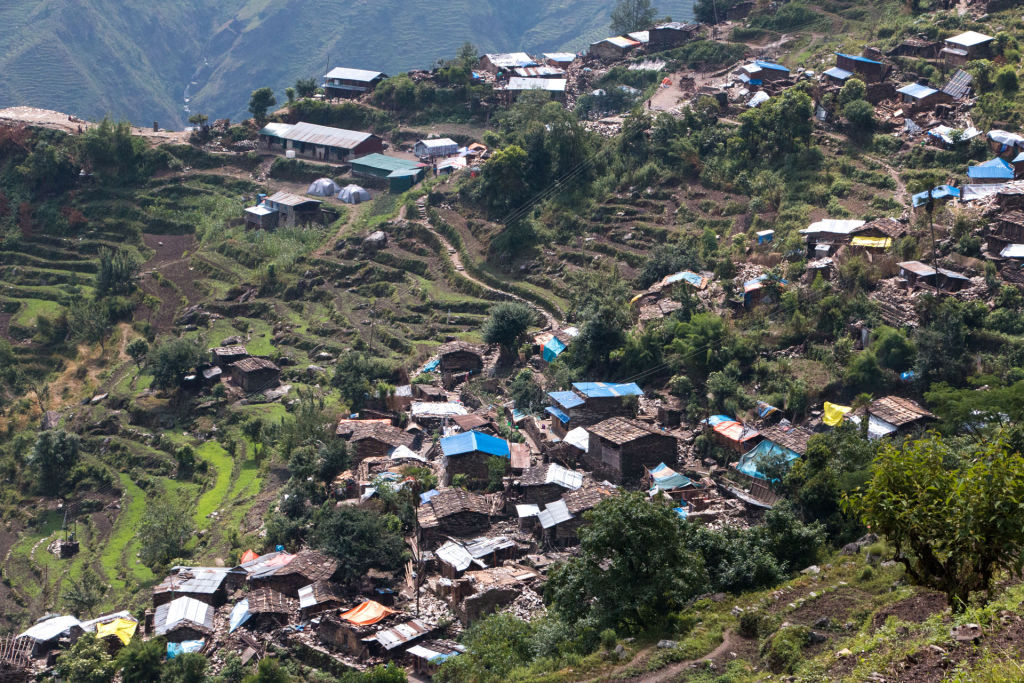
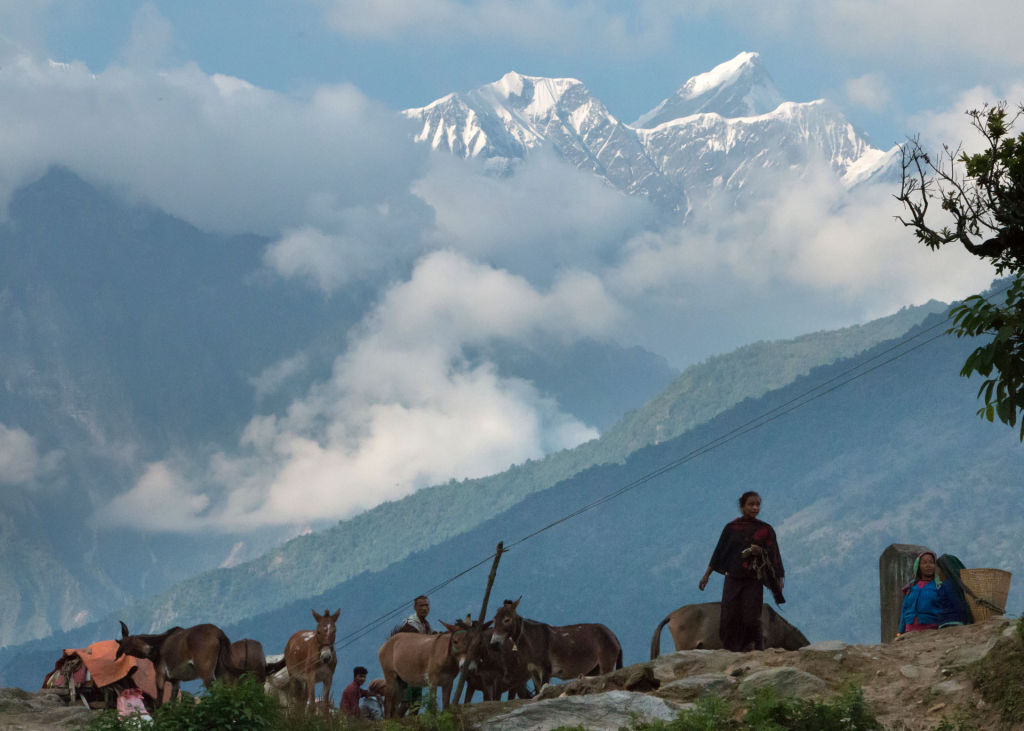
Instead of a road, what stood between Khorla and the closest accessible town was a six hour hike over the mountains and through several active landslides. Transportation by land of our 365 kg treatment system and over 1km of pipe would have been impossible, and so we teamed up with Mission Aviation Fellowship (MAF) and Fishtail Air to help us organize an airlift operation in order to give Khorla safe drinking water before the rains of the monsoon might make it impossible.
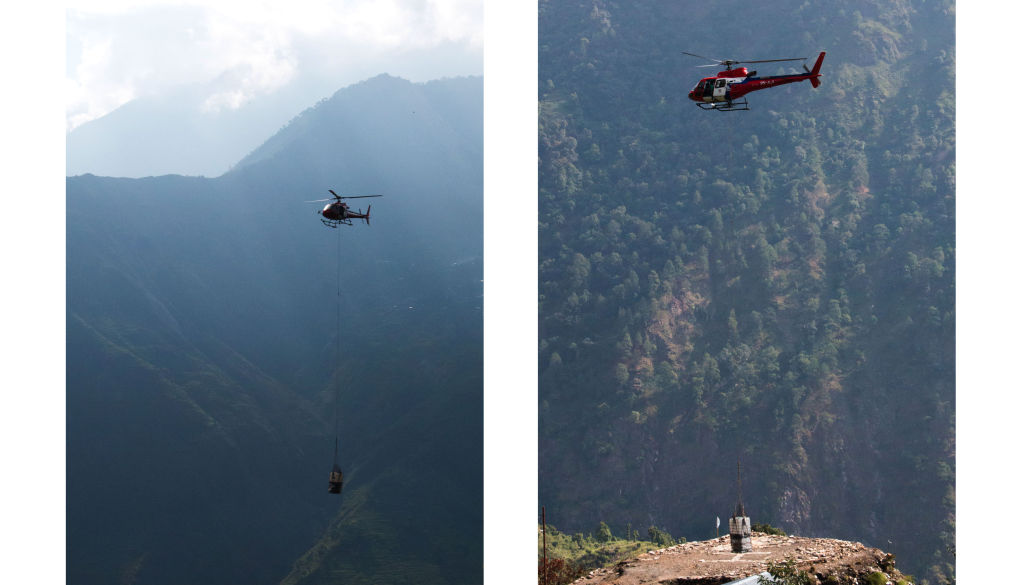
We worked with both MAF and Fishtail to decide on a staging zone in Arkhet from which we could use a helicopter and sling to fly our equipment up the valley and into Khorla. After twelve hours of transporting by truck over dirt, rock, and mud roads, the aforementioned tractor, and the willingness of dozens of locals in Arkhet to help us in the pouring rain, we managed to succeed in getting our equipment ready for pickup only a few hours later.
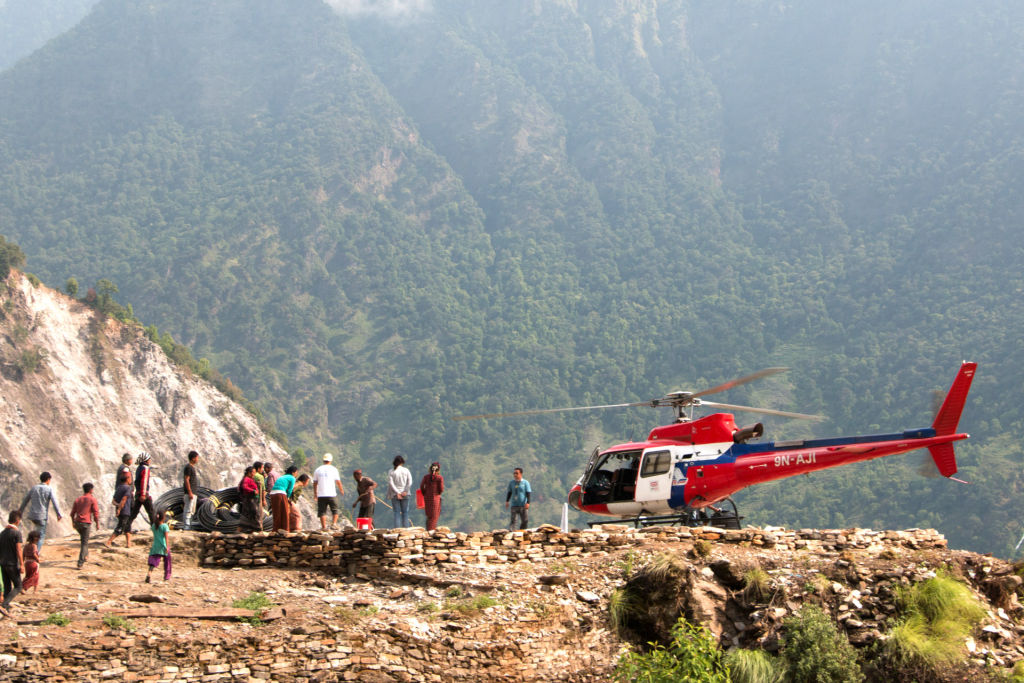
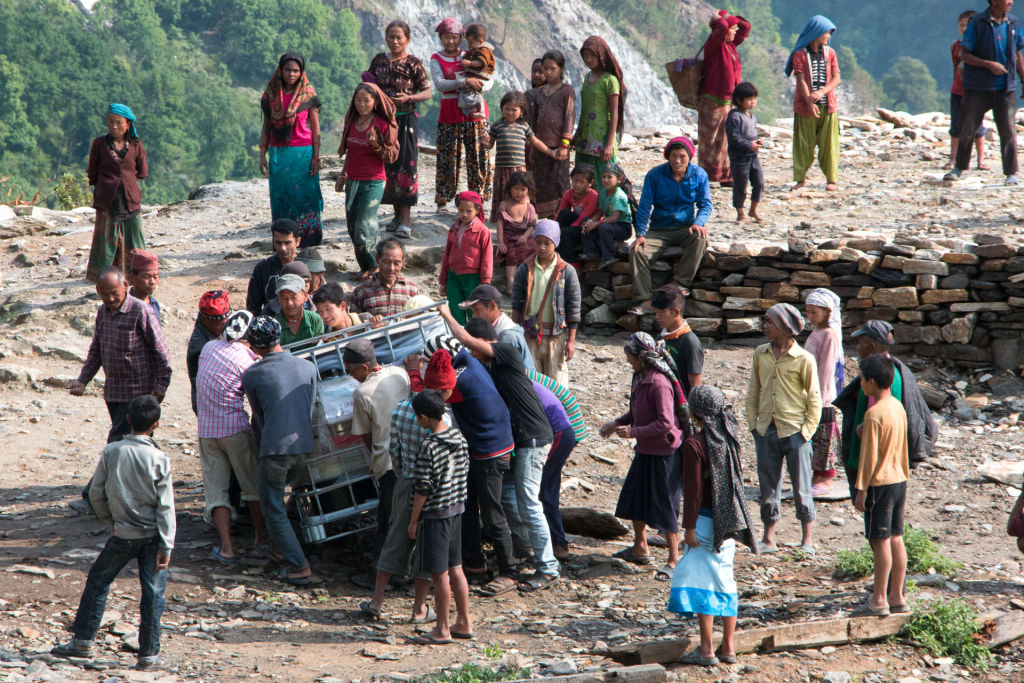
With the sunrise arrived a new sense of hope, as the difficulties of the previous day faded into the promise of safe water for Khorla, a promise that was reconfirmed with the arrival of the helicopter and crew only a few moments later. In an operation that could not have gone smoother, the pilot and crew transported our personnel, gear, and equipment up to Khorla in three quick trips.
There was no break (other than the always welcome tea breaks) and we quickly set to work with installing our equipment. The time was ticking until we would get picked up whether we were finished or not, and with rain always threatening, we knew delays were possible. The community’s main water line had been damaged in a landslide resulting from the earthquake, causing most villagers to have to walk to a stream almost a kilometer away. By constructing a new pipeline and installing our treatment system, we brought abundantly available, safe water to the middle of the village. This rainy season Khorla doesn’t have to worry about the water-related diseases that usually arrive every year with the turbid runoff waters of the monsoon.
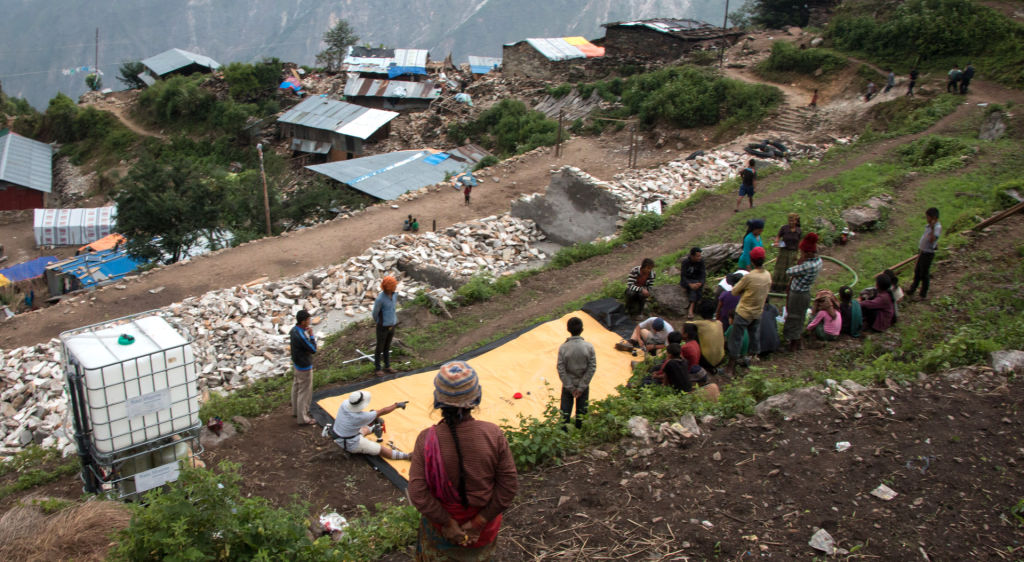
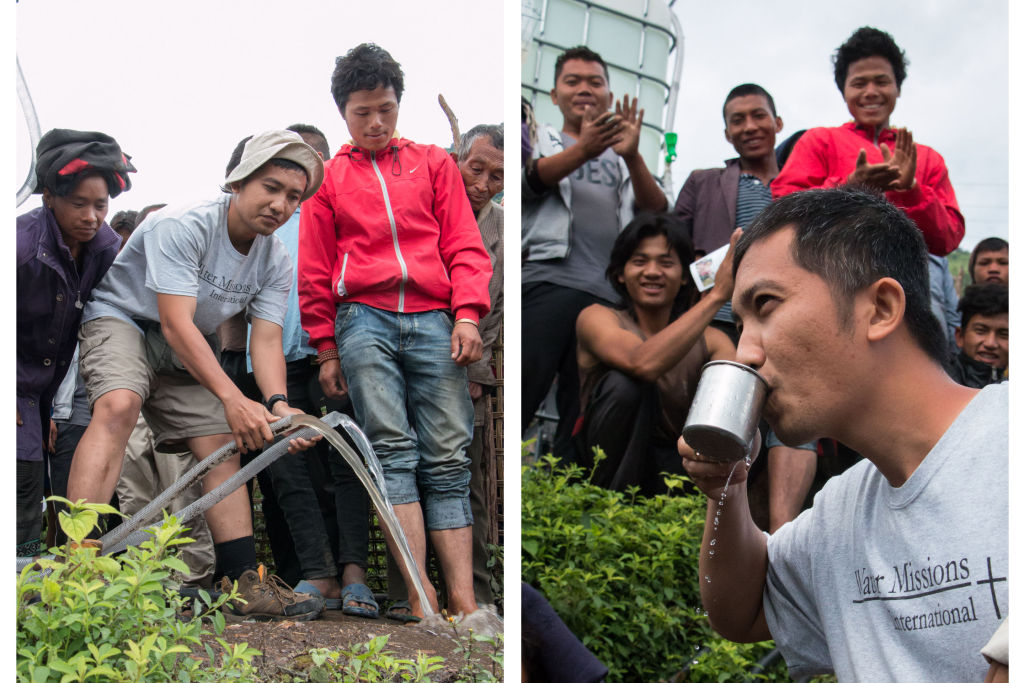
Because of a couple long days of work and so much cheerful help by the members of the community, we were able to finish our installation with time to spare and used the extra time for extended training and community development. A ceremony was held on the third morning that we were there, beginning with everyone joining together in song. Dal, the 79-year-old pastor in Khorla, was incredibly excited about this water system and what it meant for the community. He prayed over the system and the village, and I was able to speak about our heart behind our work, our hope for them and the system, and a little about chlorine. Effendi backwashed the system to show what it was filtering out of the water. Everyone came and immediately started filling up their buckets and containers. Through sanitation and hygiene training, hand washing training, extended operation and maintenance training, and meetings with the local school and community leaders about the importance and effects of chlorine, we were able instill knowledge in a community that is growing out of the tragedy.
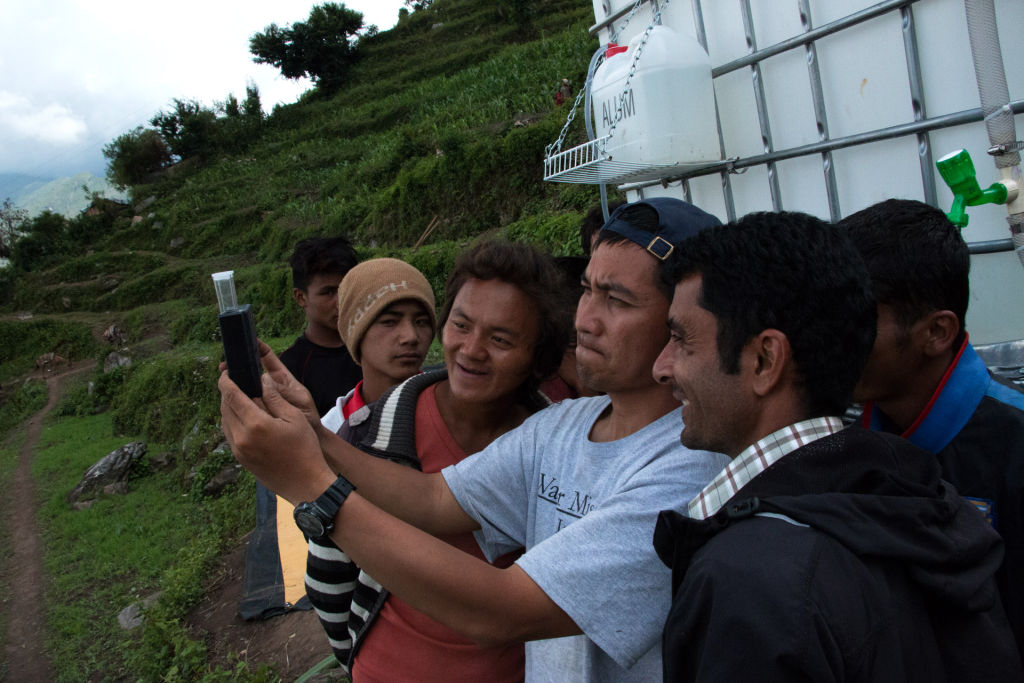
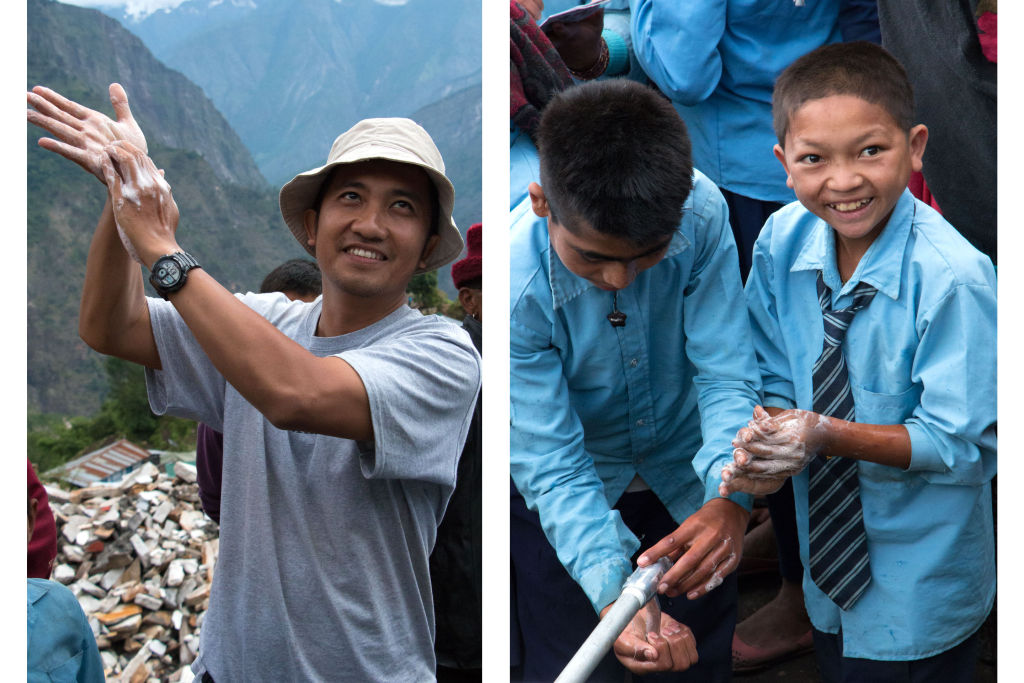
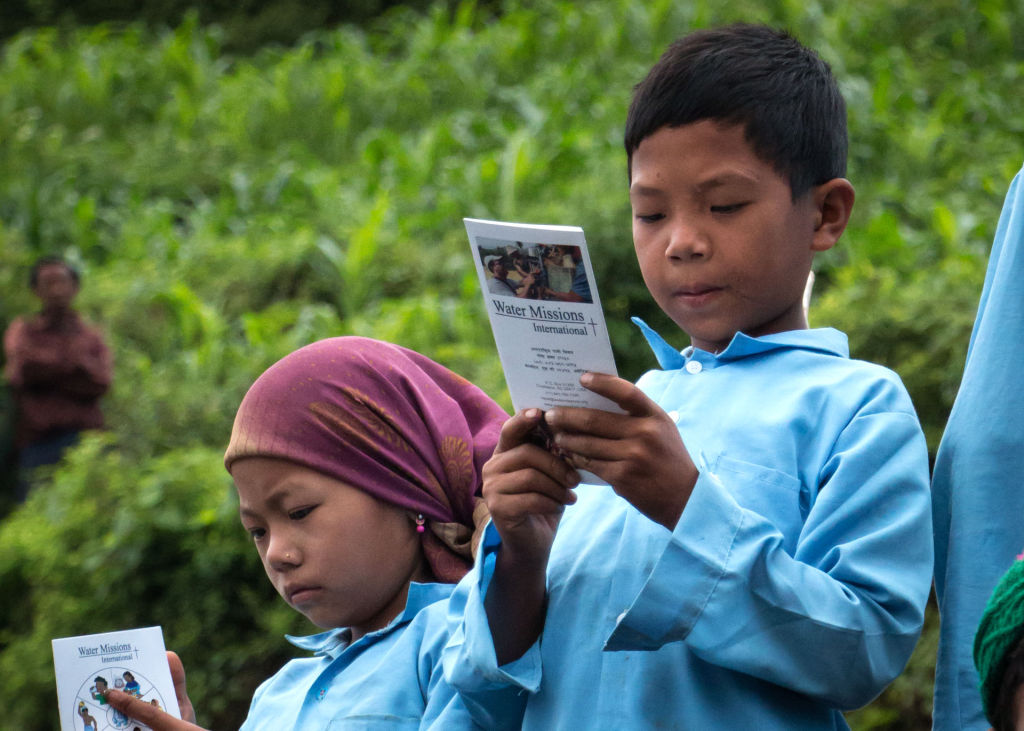
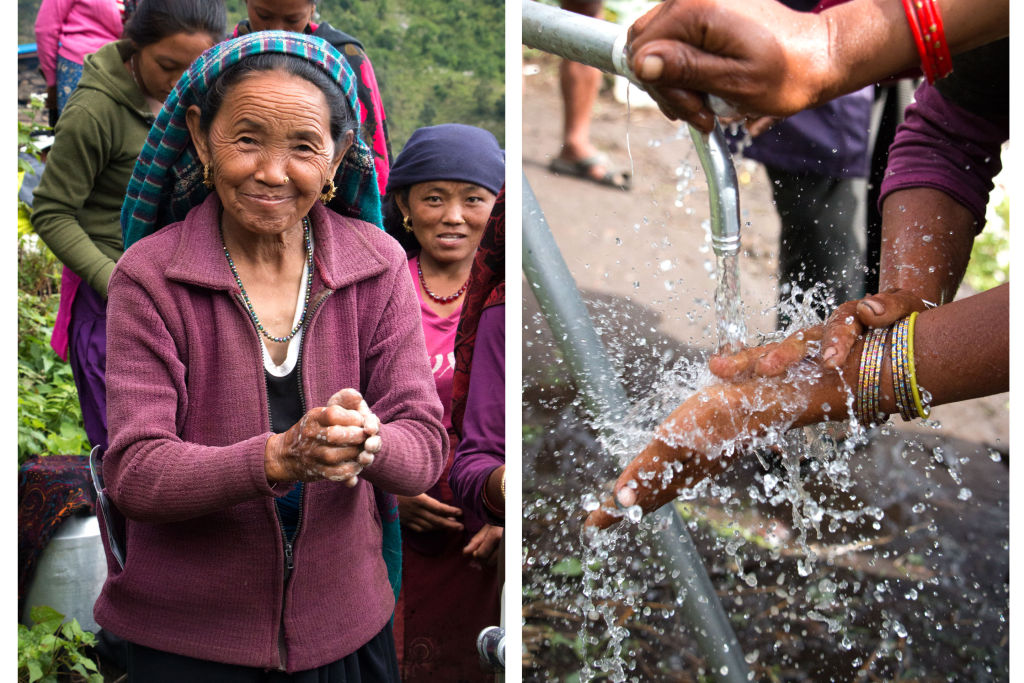
As they placed stones from the collapsed school to be a base for the new tap stand, the imagery of the new foundation was striking. What a opportunity we have to be able to take a tragedy and help them rebuild a community in a way that will leave its inhabitants healthier than before.
There are very few easy projects here in Nepal. That’s what we’ve quickly realized, and other NGO’s have as well, as Water Missions has regularly been requested to help in the most technically challenging of water projects. Sometimes I sit back and find myself wondering why everything must be so difficult, so challenging. Why is it so hard to help sometimes? And in a brief moment of rest in the mountains, I was reminded that we ourselves can be pretty hard to help. It’s our nature to stay guarded, closed off to the help our hearts so desperately need. But we have a Great Helper who loves us unconditionally and never lets the difficulties we impose deter His love for us. And so with renewed strength we are called to do the same and love unconditionally. We love you Nepal, and we are here to continue to work through the difficulties in order to help you recover and to give you safe water.
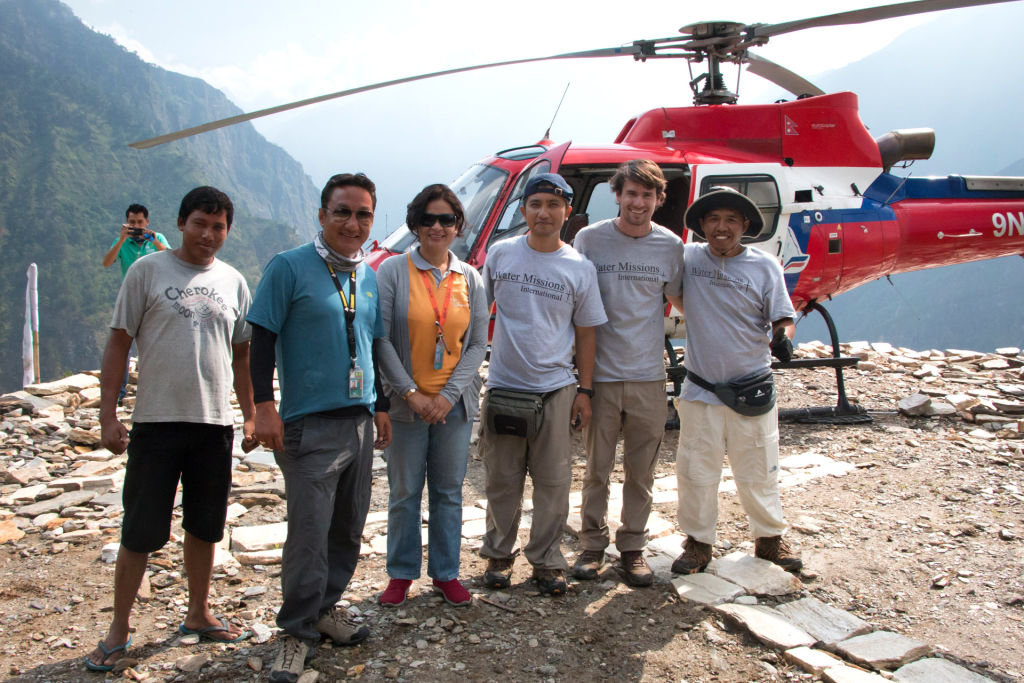
Related Impact Stories
